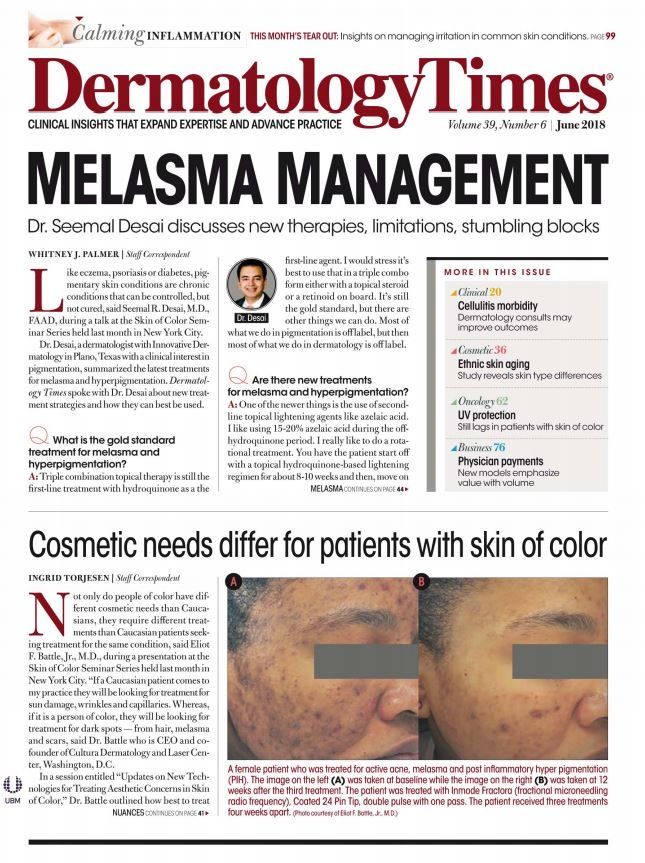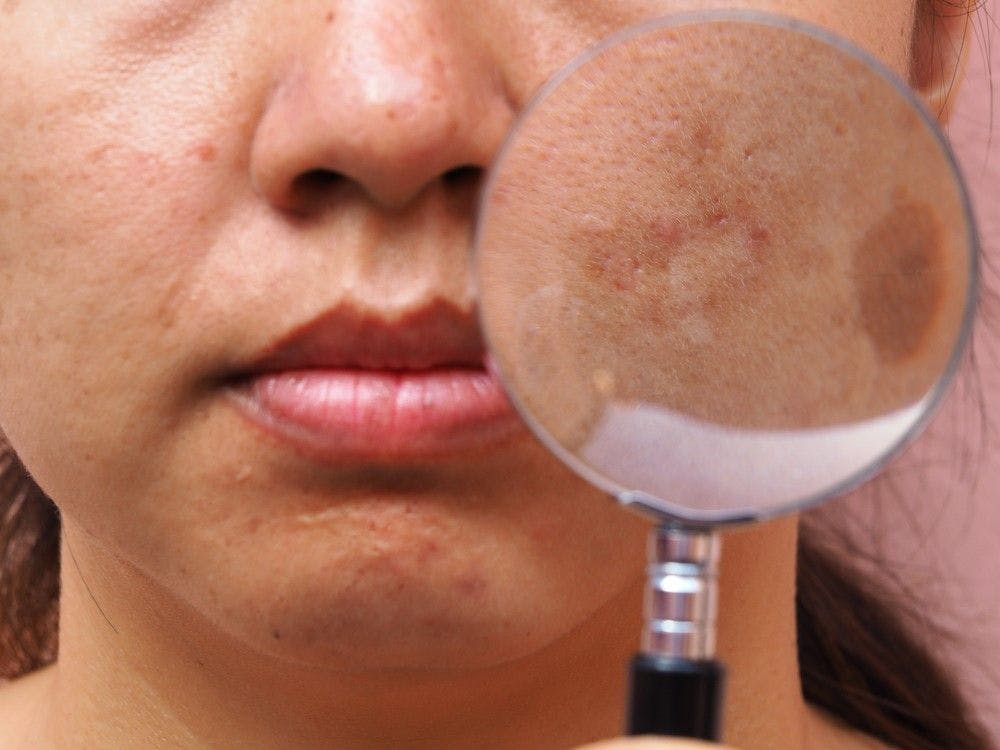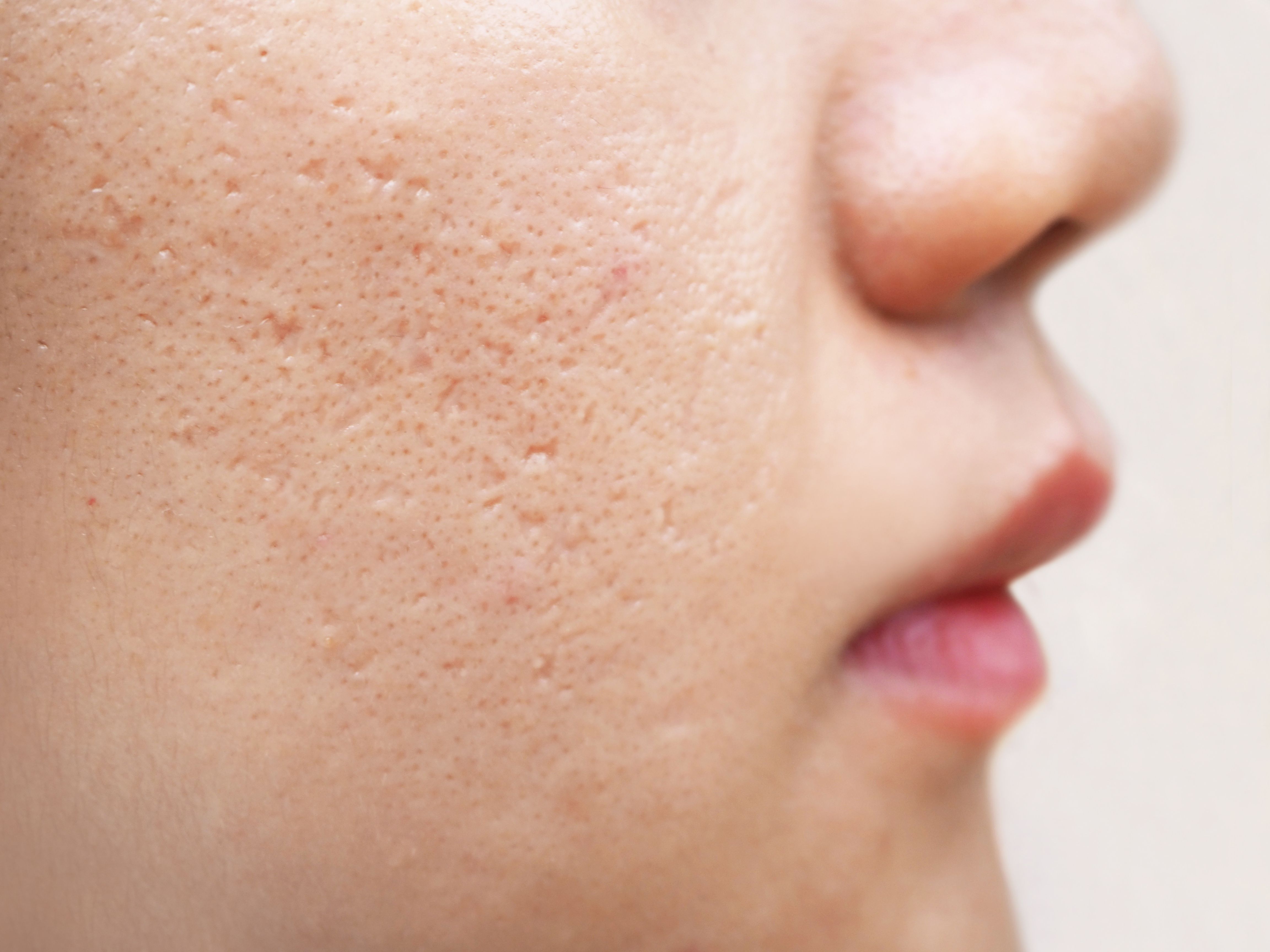- Acne
- Actinic Keratosis
- Aesthetics
- Alopecia
- Atopic Dermatitis
- Buy-and-Bill
- COVID-19
- Case-Based Roundtable
- Chronic Hand Eczema
- Chronic Spontaneous Urticaria
- Drug Watch
- Eczema
- General Dermatology
- Hidradenitis Suppurativa
- Melasma
- NP and PA
- Pediatric Dermatology
- Pigmentary Disorders
- Practice Management
- Precision Medicine and Biologics
- Prurigo Nodularis
- Psoriasis
- Psoriatic Arthritis
- Rare Disease
- Rosacea
- Skin Cancer
- Vitiligo
- Wound Care
Publication
Article
Dermatology Times
Genetic link to acne confirmed in twins study
Author(s):
A recent acne study in identical and fraternal twins indicates the condition may be primarily caused by genetics, and that social and environmental factors influence acne symptom severity.
A recent study in identical and fraternal twins with acne indicates the condition may be primarily caused by genetics, and that social and environmental factors influence acne symptom severity. Raising awareness of the triggers that may exacerbate the condition may help in the treatment and management of acne patients. The study was published in the April issue of the Journal of Drugs in Dermatology.
“As already confirmed in other acne studies, we also found a definite genetic predisposition to acne. Upon this we believe it is very important to engage more awareness in terms of the exogenous factors or triggers that could aggravate acne. It is paramount that we address everything we can proactively for the benefit of acne patients in the long-run,” said Elma D. Baron, M.D., professor of dermatology at Case Western Reserve University, Cleveland, and chief of dermatology at Louis Stokes Cleveland VA Medical Center, and co-author of the study.
Dr. Baron and fellow colleagues conducted an acne survey study that included the data of 202 identical (101 pairs) and 53 (26 sets) fraternal twins, as well as one set of fraternal triplets. All participants on average were young, predominantly female, and the majority were Fitzpatrick Skin Types II-III. Study metrics included patient demographics, BMI measurements, medical/family/social history, and physical activity, and participants were surveyed for acne incidence, age of onset, severity, and triggers.
Data showed that the proportion of pairs where twins have acne was significantly higher in identical (64 percent) compared to fraternal (49 percent) twins. It was also found that social and environmental factors play a direct role in acne severity. A twin-to-twin subset analysis of 56 identical twin pairs who had acne but differed in self-reported acne severity revealed differences that could serve as triggers such as a high sugar diet, a higher BMI, and lower frequency of exercise compared to twins without acne.
Other studies have also shown the relationship of BMI with acne and according to Dr. Baron, it has become common knowledge that a higher BMI and a growing list of other proinflammatory conditions can negatively impact the skin such as in psoriasis, and possibly also acne and rosacea. However, how to best implement or adjust practice with this accrued knowledge can be challenging.
“Although our study did not establish a correlation between sugar intake and acne, it did find a correlation between sugar intake and acne severity. It is important that we raise awareness of the impact of a high glycemic diet and the severity of acne among our acne patients so that such triggers can be better avoided, as well as possibly improving general health,” Dr. Baron said.
In similar to previous studies, it was found that acne patients appear to have a higher affinity to develop polycystic ovarian syndrome (PCOS). According to Dr. Baron, such patients require and can be best managed through an interdisciplinary approach and stepped up communication between the dermatologist or primary care physician and the obstetric/gynecologist. Of note, the study also found that acne patients also had a significantly higher predisposition to asthma. These findings underscore the importance of eliciting a precise history, Dr. Baron said, which may uncover diseases or conditions the patient may have, offering an opportunity for a proactive therapeutic approach.
On a practical level, Dr. Baron said that this new data can help clinicians better advise their patients of the genetic nature of acne.
“Often when we see teenagers, the parents or guardians are also present and at this time we can take the opportunity to raise awareness in terms of the family being more proactive towards minimizing the triggers of acne. If one family member is affected then there is a high likelihood that another sibling will also be dealing with the same problem in the future. Having that perspective may help families overall in terms of helping to control and best manage acne symptoms,” Dr. Baron said.
REFERENCES
Amanda Suggs MD, Mathew Loesch DO PhD, Harib Ezaldein MD, Luisa Christensen MD Danyelle Dawes MD, and Elma Baron MD. "An Acne Survey from the World’s Largest Annual Gathering of Twins."Journal of Drugs in Dermatology. April 2018, Volume 17, Issue 4.

Newsletter
Like what you’re reading? Subscribe to Dermatology Times for weekly updates on therapies, innovations, and real-world practice tips.















